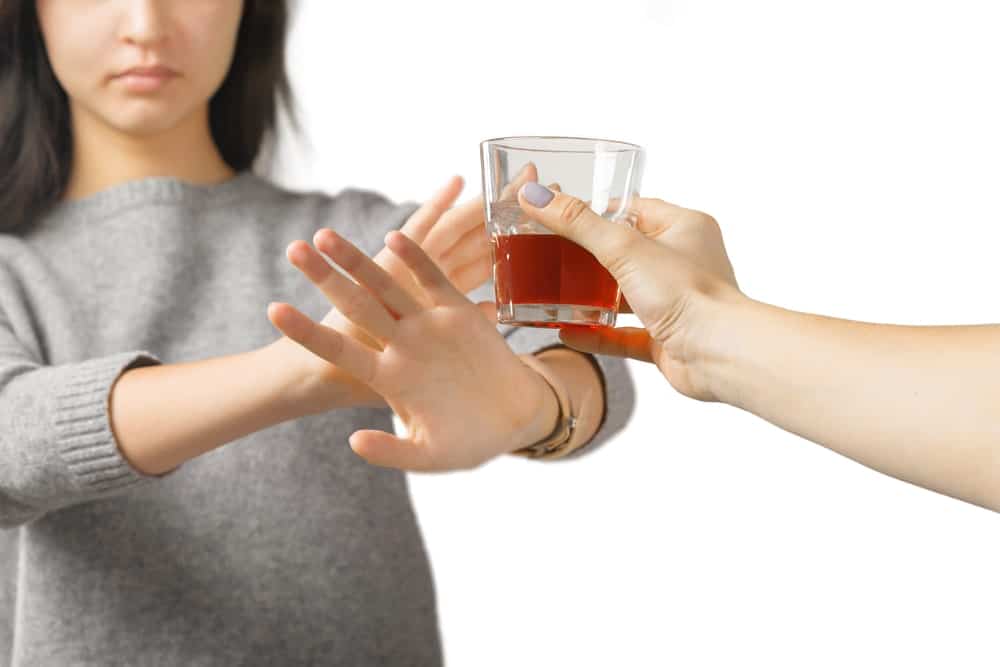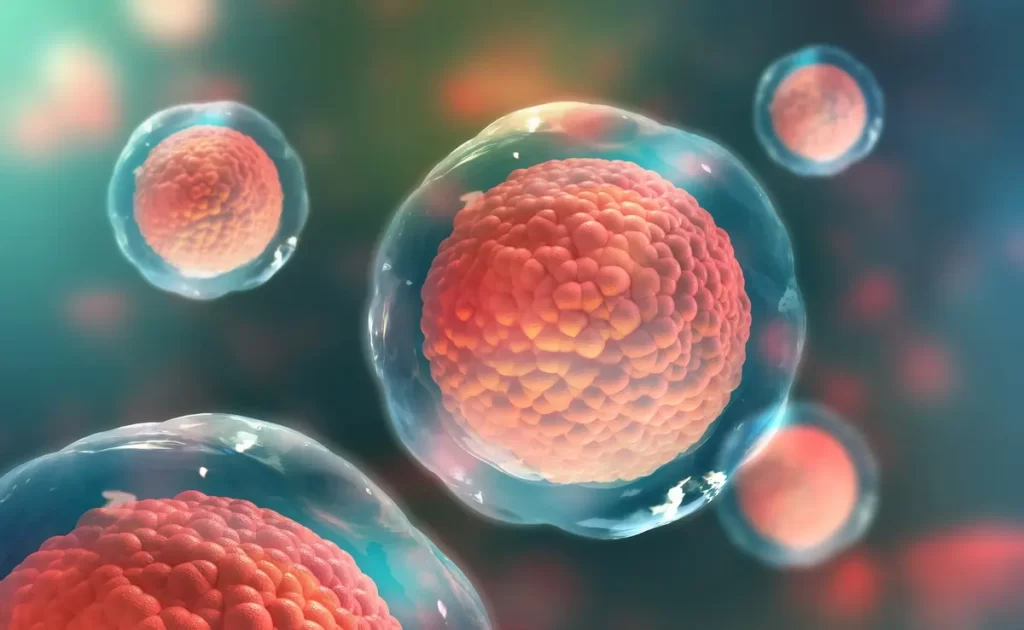The Advantages of Giving Up Alcohol for a Month
Priory has outlined the positive changes you can expect to see over the weeks if you are giving up alcohol for a month and are wondering what the benefits will be.

What happens if you don’t drink anymore?
The alcohol withdrawal timeline below describes the potential symptoms and experiences that an alcoholic may have when they stop drinking.
It’s important to remember that everyone’s body reacts differently to stopping drinking, and our timeline should only be used as a guide to determine what might happen to your body when you stop drinking.
Up to 24 hours after you stop drinking
Withdrawal symptoms are likely to appear within the first 24 hours of discontinuing drinking. They may begin as soon as two hours after their last drink, depending on the individual and how frequently they consume alcohol. If you drink every night, your withdrawal symptoms may be more severe than if you only drink on weekends.
The initial symptoms will be mild. Anxiety, hand tremors and shakes, sweating, and headaches are some of the symptoms. Alcohol cravings will increase over time, as will feelings of fatigue and depression.
12-72 hours after you stop drinking
After 12-24 hours, some people will experience more severe withdrawal symptoms. In severe cases, you may develop delirium tremens (DTs). Seizures, hallucinations, and a significant increase in heart rate and blood pressure are all possible symptoms. This is a risky time for anyone who has stopped drinking and is experiencing withdrawal symptoms.
48-72 hours after stopping drinking
The majority of withdrawal symptoms will begin to fade at this point, allowing you to function more normally and manage your symptoms. For some, DTs symptoms may persist, including disorientation and delusions, as well as other severe withdrawal symptoms such as heavy sweating and high blood pressure.
Three to seven days after you stop drinking
Most people can expect their symptoms to go away after a few days of not drinking. DTs and severe withdrawal symptoms may persist in the most severely affected. When quitting alcohol, these people should seek medical advice.
improved sleep
You may notice that you are sleeping better after one week without alcohol. When you drink, you usually fall into a deep sleep and miss out on the important rapid eye movement (REM) sleep. While you should have six to seven cycles of REM sleep per night, when you’ve been drinking, you usually only have one or two.
Better sleep has numerous advantages. You will be more productive, as you will be able to learn and solve problems more effectively. Controlling your emotions and behavior will also improve.
You’ll also have more control over what you eat and drink. Sleep aids in the regulation of hormones that cause you to feel hungry or full. Ghrelin levels (the hormone that makes you feel hungry) rise after drinking, while leptin levels (the hormone that makes you feel full) fall.
improved hydration
When you consume alcohol, you lose approximately four times the amount of liquid consumed.
Dehydration can cause headaches because your organs draw water from the brain to compensate for their own water loss. Salt and potassium levels fall as well, affecting nerve and muscle function and causing headaches, fatigue, and nausea.
As a result, abstaining from alcohol can help you stay hydrated, which is good for your brain. Your mood and concentration will be more stable, and your headache frequency will likely decrease. You will also have more energy throughout the day because you will not experience the effects of dehydration, such as lack of motivation and increased fatigue.
Saved calories:
If you stopped drinking six 175 mL glasses of wine per week, you would save approximately 960 calories, which is equivalent to three burgers or five and a half bags of crisps.
And if you gave up six pints of average strength lager per week, you’d save 1080 calories, which is equivalent to six bags of crisps or five chocolate bars.
After two weeks of no alcohol, you will continue to benefit from improved sleep and hydration.
Because alcohol is an irritant to the stomach lining, you will notice a reduction in symptoms such as reflux, where stomach acid burns your throat, after a fortnight.
You are also likely to lose weight after a fortnight of abstaining from alcohol’s empty calories. You would have saved 1920 calories if you had stopped drinking six 175ml glasses of wine per week, and 2160 if you had stopped drinking around six pints of lager.
Too much alcohol consumption can cause your blood pressure to rise over time. Your blood pressure will begin to drop after 3-4 weeks of not drinking. Lowering your blood pressure is important because it reduces your risk of future health problems.
Because the calories in alcohol can cause you to gain weight, abstaining from alcohol can help you reduce your blood pressure as a result of the weight you may lose. If you had previously consumed six 175ml glasses of wine per week, you would have lost 2880 calories in three weeks. And if you drank six pints of lager per week, you’d have lost 3240 calories.
Giving up alcohol will have a positive effect on your skin because you will be more hydrated. Because more water was absorbed rather than wasted, you are more likely to have hydrated-looking skin, as well as less dandruff and eczema.
Reducing your alcohol consumption for four weeks can also help to improve your liver function because your liver will begin to shed excess fat. If your liver function has not been severely harmed by alcohol, it can recover in 4-8 weeks.
With the liver involved in over 500 vital processes, you also improve your body’s ability to remove contaminants, convert food nutrients, and store minerals and vitamins.
Advantages of not drinking alcohol
Giving up alcohol has numerous physical and mental health benefits, some of which are listed above. Here is a comprehensive list of the long-term advantages of not drinking:
- Your sleep quality will improve. The two most important sleep cycles, rapid eye movement (REM) and slow wave sleep, will be less disturbed, leaving you feeling brighter and more alert in the morning.
- Your mood and concentration levels will improve. This is due to having more energy and less fatigue, which enables you to be more productive at work or at home.
- You’ll be more hydrated, which will result in a slew of advantages. Headaches and dry mouth will go away, your skin will glow, and dark circles under your eyes will fade.
- Your memory will gradually improve. Alcohol has been shown to impair the part of your brain that deals with memory (the hippocampus)
- It will be easier for you to lose weight. Because alcohol slows your metabolism, it makes it more difficult for your body to process fats and sugar. Alcohol also has a high calorie count (approximately 160 calories for a medium glass of red wine, 210 or more in a pint of beer) and many of the mixers we enjoy with spirits, like vodka or gin, are high in sugar. You’ll also be less likely to have late night, fast food binges than you would after you’ve been drinking alcohol
- Your stomach will feel better. Symptoms such as indigestion and acid reflux can be caused by alcohol irritating your digestive system. You’ll also be better able to absorb nutrients and store vitamins and minerals
- Your skin’s condition will improve. Alcohol can make your skin look red, blotchy, or puffy. Alcohol-free skin is more hydrated, which eliminates these issues and reduces dry patches, which can aggravate conditions like eczema.
- You will lower your blood pressure. Alcohol consumption is linked to high blood pressure, which is one of the leading causes of heart disease.
- Your liver will be healthier as a result. Your liver fat levels will decrease over time. A healthy liver also improves the quality of our skin.
- Better bone healing during limb lengthening period
Summary
Your body is likely to have benefited greatly from abstaining from alcohol over the course of the month. Better hydration and sleep will boost your productivity and overall well-being. Your liver, stomach, and skin will all benefit from not having to deal with alcohol. You’ll also have saved 3840 calories per month if you used to drink six glasses of 175ml wine per week, or 4320 calories if you used to drink six pints of lager per week.
If you are struggling with alcohol and finding it difficult to quit, you should consider seeking help. We understand that embarking on recovery from alcohol addiction can be an emotionally difficult time.



